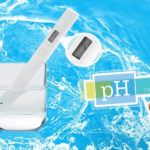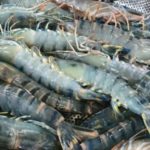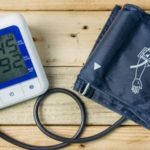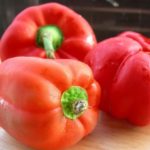Pho is a familiar dish of Vietnamese people. Iced tea is also popular from the North to the South. In restaurants, iced tea is often served with meals. The information that eating pho with iced tea causes fat to solidify and poses a long-term risk of cancer has caused concern among many people.
However, according to the explanation of Associate Professor Nguyen Duy Thinh from the Institute of Biotechnology and Food Technology, Hanoi University of Technology, this information is not supported by any scientific evidence. Fat can solidify when exposed to cold, but pho and iced tea cannot cause the solidification of fat. In the stomach, at the body’s temperature of 37 degrees, the molecular structure of fat is broken down and liquefied, and then it goes through the process of digestion. Therefore, the information that eating pho and drinking iced tea causes fat to solidify, clump together, and leads to inflammation, infection, and cancer is unscientific and just a rumor.
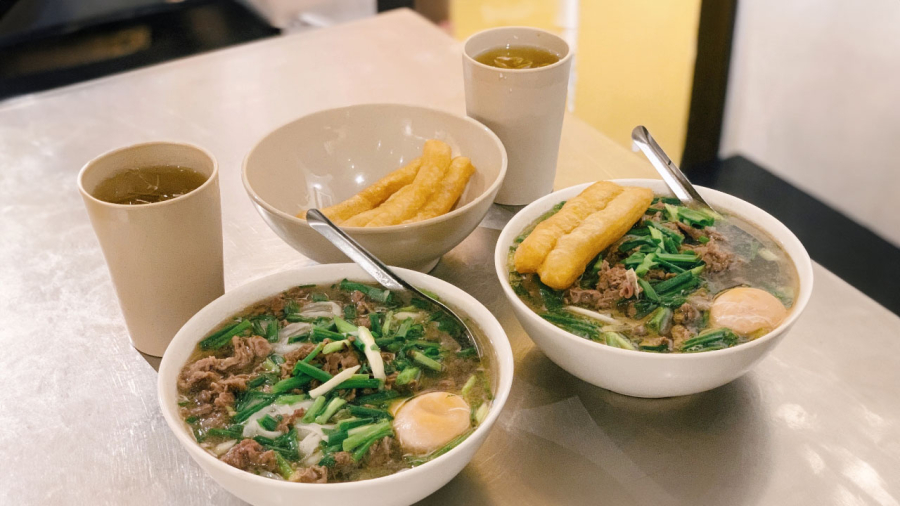
However, if you eat pho and drink iced tea, you should note the following:
Avoid eating thick pho or rice vermicelli with concentrated tea: In general, it is not advisable to drink concentrated tea during or immediately after meals that are high in protein or iron because tea contains tannins that inhibit the absorption of iron, while beef contains a considerable amount of iron. Therefore, it is necessary to limit or choose other suitable drinks.
Eating hot pho and then immediately drinking cold tea can cause rapid changes in the temperature of the oral cavity, which can affect the teeth, especially for sensitive individuals, and can increase the risk of tooth decay and tooth sensitivity. Many people have this habit because they think pho is delicious when hot, but then they want to cool down by drinking cold tea right away. Some people eat a few pieces of pho, take a sip of the broth, and then drink a gulp of iced tea. This habit is not good for oral health.
Avoid eating too much fatty pho or rice vermicelli if you don’t want to gain weight and increase cholesterol. You should choose the broth option to reduce the amount of fat in your body. Consuming excessive fat increases the risk of diseases such as high cholesterol and lipid disorders.
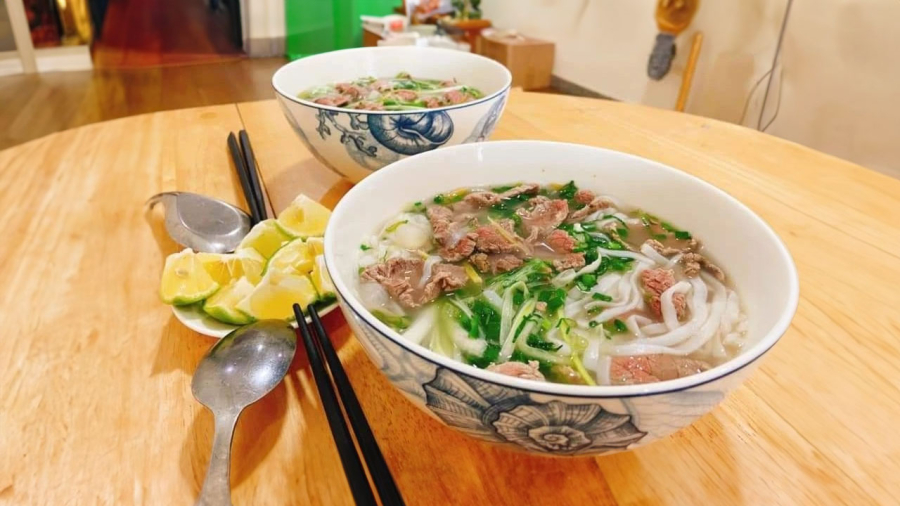
Drinking iced tea after a meal can be considered as a mouth rinse, reducing the feeling of greasiness and uncomfortable food residue in the mouth. It is recommended to drink tea about 1 hour after the meal. Moreover, drinking too much liquid while eating, combining pho broth with iced tea, dilutes the digestive enzymes, reducing the digestion efficiency. This is a common habit of many Vietnamese people, who consume a lot of liquid during meals and add a lot of water to soups, which dilutes the digestive enzymes.
Iced tea comes in various forms in many pho restaurants. Some restaurants make fresh tea, some use powdered tea, and some use flavored teas such as pandan leaf tea (with a relatively small amount of tea and aromatic ingredients). Pho restaurants also differ in the quality of ingredients they use, with some using fresh ingredients, while others may use frozen ingredients from the lower end of the market. Poor quality ingredients and food additives that are not guaranteed are the main causes of health problems. Therefore, you should also pay attention to choosing reputable restaurants when eating and drinking.
























